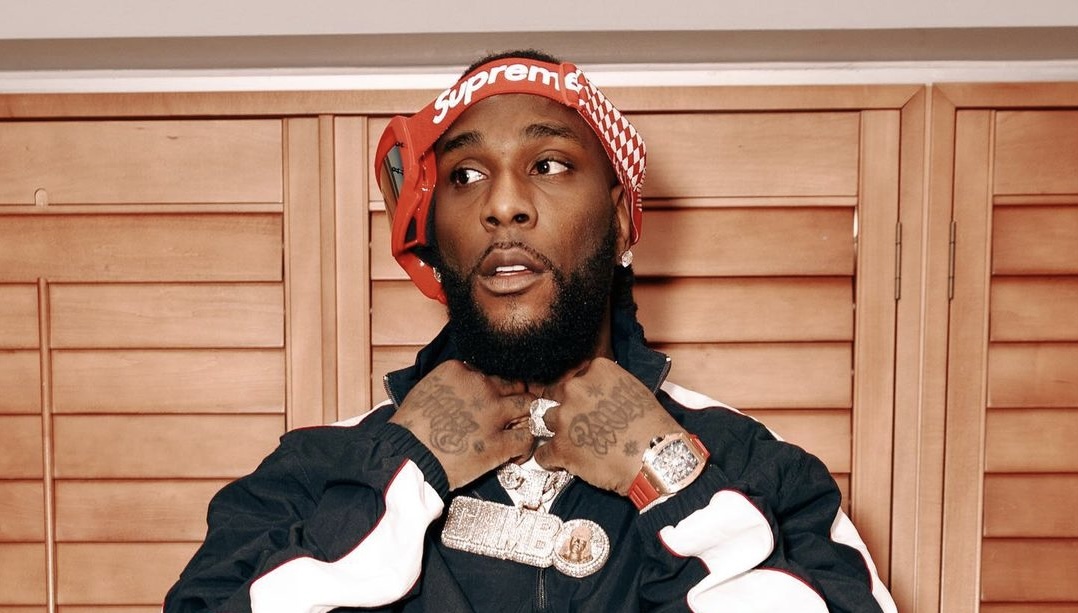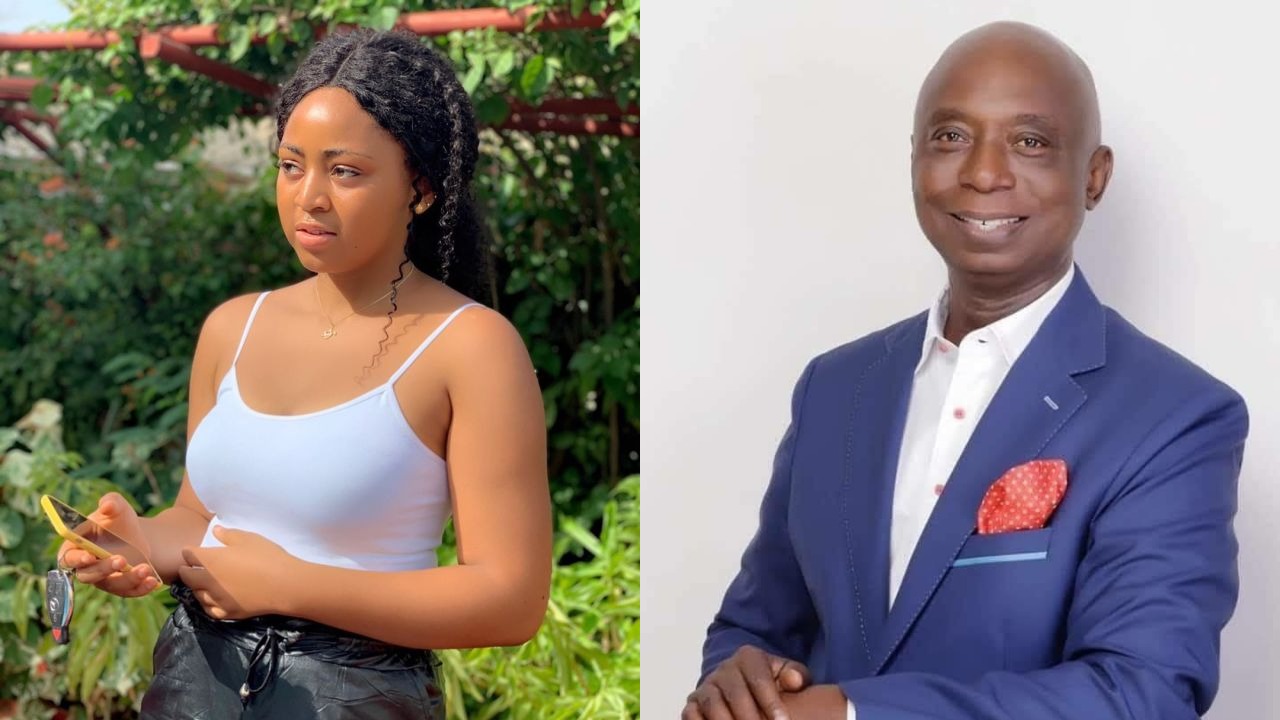With Unstoppable, Nigerian-born and UK-based artist Ebenezer Olaolu Mabinuori, with the stage name Ebonny Musik, presents his most deliberate and cohesive project. The five-track EP blends Afrobeat with UK urban textures, offering a body of work that is about mood and about message, which are supported by producers like Christian Jude, D’tunes, Slash Beatz, and Grammy-nominated Bolaji Williams (Phazehop) the record benefits from a diversity of sonic inputs without losing its focus.
In the Unstoppable EP, what emerges is a confident statement that leans into Afro-urban hybridity – a sound rooted in West African rhythm but shaded with UK polish. Yet, Unstoppable is more than just a fusion. It’s a compact, well-sequenced record that shows how an artist still early in his journey is beginning to shape a distinct identity.
The Songs
The EP begins with the track “Feelings”, a collaboration with D’tunes that immediately sets the tone. The production is airy and melodic, with percussive subtleties that allow space for the vocals. The song doesn’t aim for instant fireworks, instead, it eases the listener in, its charm resting in understatement. D’tunes’ restrained contribution complements Ebonny’s voice, which here leans toward intimacy.
The energy rises with another track, “Whine 4 Me” which is built on insistent drums and a pliant bassline. This is the most club-orientated cut on the record. Its lyrical playfulness is familiar territory for Afrobeat, but what rescues it from cliché is Ebonny’s delivery. He injects just enough tonal variation and phrasing to give the song personality.
The emotional centrepiece, however, follows “Good Days Bad Days.”Its stripped-down arrangement—anchored by acoustic guitar, soft percussion, and atmospheric pads—provides the backdrop for lyrics about resilience and life’s unpredictability. The vulnerability in the vocal performance is striking.
The song also proved to be the EP’s breakout single, receiving notable airplay across Nigerian stations such as Vybes FM, Star FM Lagos, Wazobia FM, Lagos Traffic Radio, Cool FM Abuja, Hot FM Abuja, Fresh FM Abeokuta, Rockcity FM, Faaji FM, Raypower FM, and Smash FM Ibadan. On television, it circulated through MTV Base Naija, Trace Naija, TVC, Soundcity, ONTV, and even NTA Ilorin. The track’s wide reception suggests it struck a chord with audiences beyond core Afrobeat listeners.
From there, the record turns toward collaboration with London-based producer Christian Jude with “Sweetest” which is the more sensual of their two tracks, marrying Afrobeat rhythm with R\&B inflections. It is sleek and polished, perhaps the most radio-ready track on the EP, though one could argue its polish sometimes blunts its edge. “One Life,” closer is brighter and more celebratory, carried by motivational lyrics and a strong chorus. It has an almost anthem-like quality, its insistence on seizing the moment tying neatly into the project’s title.
Production and Sound
The varied roster of producers could have led to inconsistency, but here it adds depth. Jude’s sleek precision contrasts with D’tunes’ warmth, while Slash Beatz contributes rhythmic dynamism. Phazehop, whose Grammy nomination underscores his pedigree, brings layered textures that elevate the sound without overwhelming it. Across the record, the mixing remains clean: percussion, bass, and vocals sit in balance, avoiding the overcrowding that can plague Afro-urban projects.
Still, the production occasionally plays it safe. “Whine 4 Me,” for instance, thrives on rhythm but doesn’t fully push into adventurous territory. “Sweetest” could also have risked more, given its cross-continental setup. Yet these are minor critiques of a record that, overall, achieves cohesion without monotony.
Themes and Structure
Thematically, Unstoppable doesn’t reinvent the Afro-urban wheel. Love, desire, ambition, and resilience are its anchors. What matters is the sincerity of the performance. On “Good Days Bad Days,” the writing is simple but resonant, and its directness is arguably why it connected with such a wide audience. On “One Life,” the motivational message risks banality, but the buoyant delivery gives it charm.
The sequencing is deliberate – the EP begins with intimacy, builds toward movement, slows into reflection, then closes with affirmation. This arc provides a sense of journey, even within its short runtime. As a listening experience, it feels complete rather than piecemeal.
Impact and Reception
Unstoppable EP arrives at a moment when Afrobeat and Afro-urban music are firmly in global circulation. While Nigerian stars like Burna Boy and Wizkid dominate international charts, the diaspora is increasingly shaping its direction. Ebonny’s relocation to the UK in 2021 is evident in his work – the influence of UK R\&B and electronic music runs quietly through the EP. Yet his Nigerian grounding is unmistakable, particularly in the percussive frameworks and lyrical cadences.
The project’s reception, especially the reach of “Good Days Bad Days” on Nigerian radio and TV, indicates not only domestic acceptance but also the potential for wider appeal. Crucially, the EP doesn’t sound opportunistic; it avoids chasing trends and instead carves out a middle ground between introspection and danceability.
Strengths and Weaknesses
The record’s strengths are clear: consistency of tone, effective sequencing, and a central vocal performance that is both versatile and convincing. The collaborations, particularly with Christian Jude and D’tunes, work because they complement rather than overshadow the lead artist.
Where Unstoppable could improve is in risk-taking. The EP shows Ebonny Musik can craft solid, well-produced songs that sit comfortably within Afro-urban expectations. What remains to be seen is whether he will, in future projects, stretch further into experimentation—whether rhythmically, lyrically, or conceptually.
Conclusion
Unstoppable is a well-realised project that signals the arrival of an artist refining his identity in real time. It doesn’t claim to break boundaries, but it does show clarity of purpose, careful curation, and enough personality to separate Ebonny Musik from the crowded Afro-urban field.
The record benefits from strong production, thoughtful sequencing, and a standout single in “Good Days Bad Days,” whose widespread radio and television presence underscores its resonance. It positions Ebonny not as a finished product, but as an artist with the tools — and the ambition — to grow into the name of his EP.
For now, Unstoppable stands as a promising entry: polished, sincere, and quietly confident. It may not rewrite the Afro-urban playbook, but it doesn’t need to. It does enough to suggest that Ebonny Musik is worth following — and that, perhaps, the best is still ahead.








